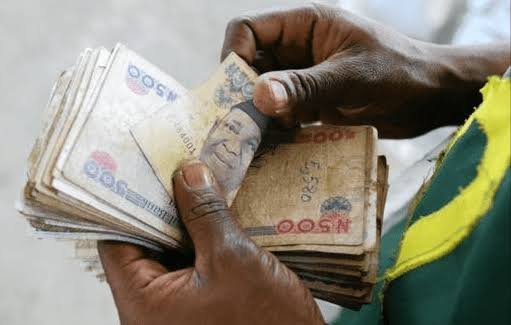The Federal Government has announced the distribution of ₦330 billion to 8.1 million vulnerable households as part of the National Social Safety Net Programme (NSSNP), aimed at alleviating the effects of economic reforms on low-income Nigerians.
Finance Minister and Coordinating Minister of the Economy, Wale Edun, made the announcement on Wednesday in Abuja following a review meeting of the Special Presidential Panel on Social Investment, which was established earlier this year by President Bola Tinubu.
Edun noted that the programme, which faced delays earlier this year, is now “firmly back on track” due to the integration of beneficiaries’ National Identification Numbers (NINs) and Bank Verification Numbers (BVNs).
This integration is essential for preventing fraud, eliminating political interference, and ensuring that only verified households receive assistance.
“To date, 8.1 million households have received at least one payment of the ₦25,000 stipend, with two additional payments scheduled,” Edun stated.
The minister also revealed that the programme’s reach has expanded from an initial 15 million households to 19.7 million households, benefiting approximately 70 million Nigerians.
This expansion reflects the government’s commitment to protecting the poor from the impacts of subsidy removal and currency reforms.
Payments are now made digitally through bank accounts and mobile wallets, enhancing the system’s sustainability and reducing the risk of manipulation.
In the latest cycle, 2.2 million households were added after successfully validating their NINs. Among the beneficiaries, 61% are female-headed households, while 39% are male-headed.
In terms of age distribution, 36% of beneficiaries are aged between 51 and 65 years, and 30% are between 21 and 35 years.
Regionally, the North-West received the largest share, accounting for nearly 72% of the disbursements, while the South received 28%.
The National Social Safety Net Coordinating Office (NASSCO) announced that President Tinubu has signed an executive order designating the National Social Register (NSR) as the exclusive database for all future government interventions.
Read also:
- FG to start cash disbursement to 2.2m vulnerable households
- Zamfara Governor launches ₦322m conditional cash transfer for 8,225 Schoolgirls
- Will FG’s N75,000 cash transfer program be delivered or derailed by corruption?
According to NASSCO Coordinator Funmi Olotu, this measure will prevent duplication, enhance transparency, and ensure that interventions are based on verified data.
“The NSR is apolitical. Neither the President nor the Minister of Finance can select names for inclusion. Only validated households are eligible,” Olotu emphasized.
In a report from June 2025, the International Monetary Fund (IMF) warned that a lack of a robust social safety net could hinder Nigeria’s economic reforms, urging the government to invest subsidy savings into programs that directly benefit citizens.
With the integration of NINs, expanded coverage, and a more robust digital system, Nigeria is establishing a foundation for a permanent social protection framework, according to Edun.






